Bali Bomber Umar Patek Launches Coffee Business, Promises Support for Survivors
Umar Patek, the Indonesian militant convicted over the 2002 Bali bombings that killed 202 people, has launched a coffee venture after his release on parole. Branding his business Ramu Kopi as a symbol of a “new life,” Patek pledged to channel part of his earnings to survivors, though victims and families continue to demand tangible support.
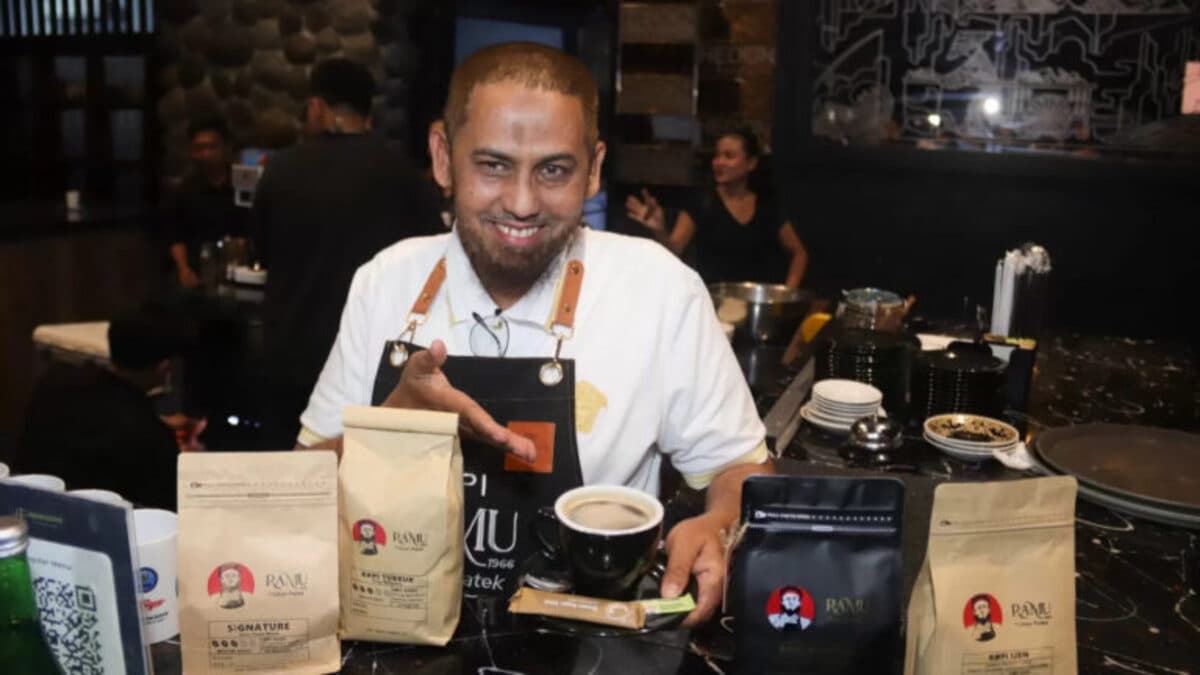
- Umar Patek, convicted over the 2002 Bali bombings, has launched a coffee brand called Ramu Kopi after being released on parole in 2022.
- He pledged to donate part of the proceeds to survivors of the attacks, though victims insist on concrete support beyond apologies.
- The business idea was encouraged by entrepreneur David Andreasmito, who now owns the company while Patek roasts the beans.
- Survivors such as Chusnul Chotimah and Tumini called for sustained medical and financial assistance.
- Indonesian authorities have showcased Patek as a success of their deradicalisation programme, but critics remain unconvinced about his release.
SURABAYA, Indonesia – Umar Patek, the Indonesian militant convicted over the 2002 Bali nightclub bombings that killed 202 people, has launched a coffee brand after his release on parole, pledging to channel part of the proceeds to survivors of the attacks.
Patek, a former member of the al-Qaeda-linked Jemaah Islamiyah group, was sentenced to 20 years in prison in 2012 for assembling the explosives used in the bombings, which devastated two nightclubs in Bali and left deep scars across Indonesia and Australia. Of those killed, 88 were Australians and 38 were Indonesians.
After serving more than a decade behind bars, Patek was released on parole in December 2022. His freedom sparked outrage in both Indonesia and Australia, where families of the victims said the punishment fell far short of the crime. Since then, he has made repeated public apologies, insisting he has renounced violence and is committed to helping those harmed by his past actions.
On Tuesday (3 June), he stepped into the public eye again, formally launching his new venture—Ramu Kopi—at a café in Surabaya, East Java. A banner bearing his face hung at the event, underscoring both the weight of his past and the hopes pinned on his reintegration.
“The name Ramu is just my name Umar in reverse,” he explained to attendees. “This is not just coffee—it’s about choosing a new life.”
A Second Chance Through Coffee
Patek recounted how the idea for the coffee business began after his release from Porong Prison. He said he struggled to adapt to the outside world, weighed down by stigma as a convicted terrorist.
“I was still shell-shocked,” he admitted. “The stigma of being a former terrorism convict made it hard for me to find a job.”
It was then that he crossed paths with dentist and entrepreneur David Andreasmito, owner of Hedon Estate, who offered him financial help. Patek said he declined the money, insisting that what he needed was work.
One day, when David visited him at home, Patek prepared a cup of coffee. Impressed, David encouraged him to pursue it further, eventually helping him set up the business.
Today, Ramu Kopi is formally owned by David, while Patek supplies and roasts the beans. “I wanted to support his reintegration,” David said, adding that he believed in Patek’s remorse and commitment to change. He expressed hope that the business would not only sustain Patek but also contribute to the community, including survivors of the Bali bombings.
Forgiveness, But Also Demands for Action
The launch event drew survivors, activists, and members of the public. Among them was Chusnul Chotimah, who suffered severe burn injuries in the attack and still struggles with medical costs. She pushed through the crowd to speak directly to Patek.
“I used to hold grudges against you,” she told him. “I forgive you for what you did. I know you’ve changed for the better.”
Her words reflected the difficult balance between forgiveness and ongoing trauma. Later, speaking to reporters, Chusnul said she hoped Patek’s pledge would translate into real, tangible support. “Don’t just say sorry,” she said.
Another survivor, Tumini, speaking from Denpasar, Bali, echoed the call for more concrete help. She said she continues to face mounting medical expenses and urged the government to prioritise long-term assistance for victims who remain in recovery.
Deradicalisation and Reintegration
Indonesian authorities have pointed to Patek’s transformation as a success story of the country’s deradicalisation programme, designed to rehabilitate former militants and reintegrate them into society. Officials have highlighted his public apologies and outreach efforts as signs of change, though critics argue his release was premature.
For Patek, the launch of Ramu Kopi marks not just a business venture but a test of whether he can convincingly turn his back on a violent past. “I know many people are still angry with me,” he said. “But I ask that you don’t let doubt stick. I want to prove through my actions that I’ve changed.”
Whether his coffee business can truly serve as a bridge between remorse and reconciliation remains to be seen. For survivors still living with scars—both physical and emotional—the real test lies in whether promises of support are fulfilled.


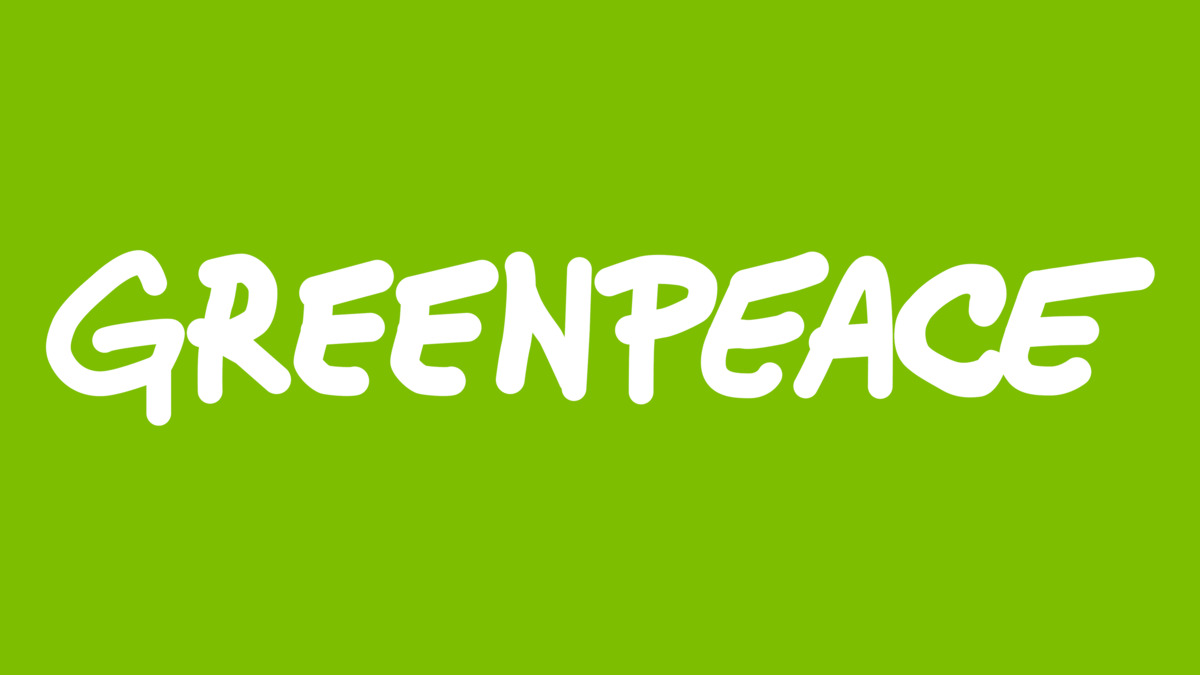
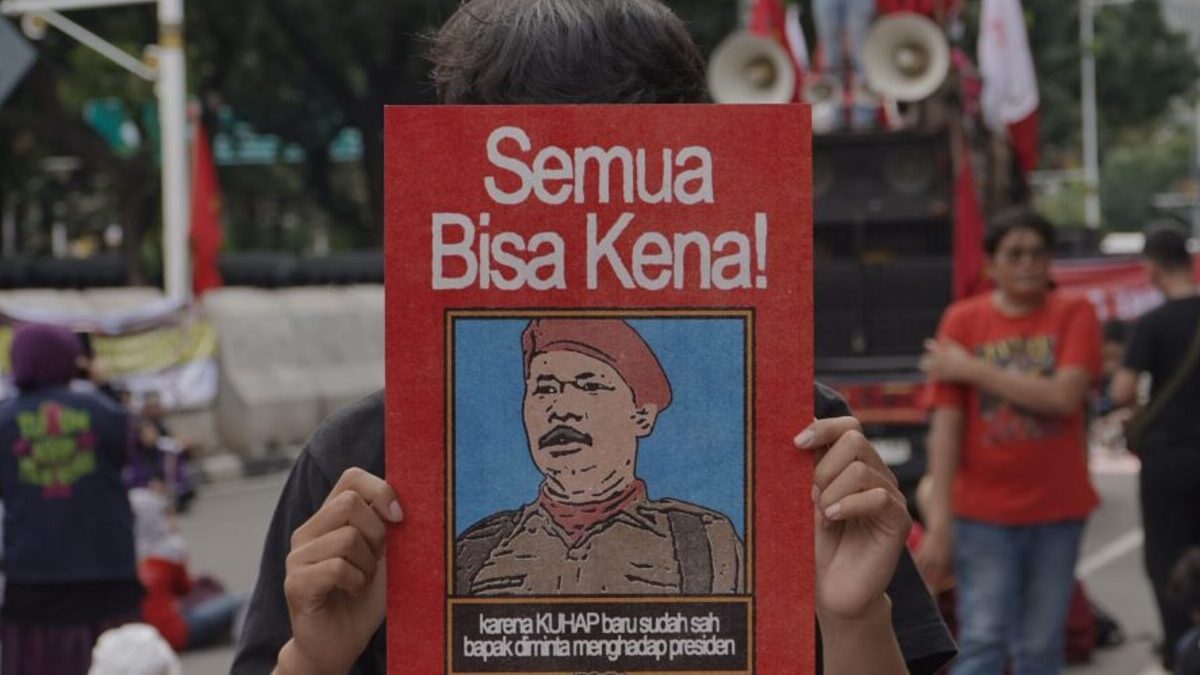
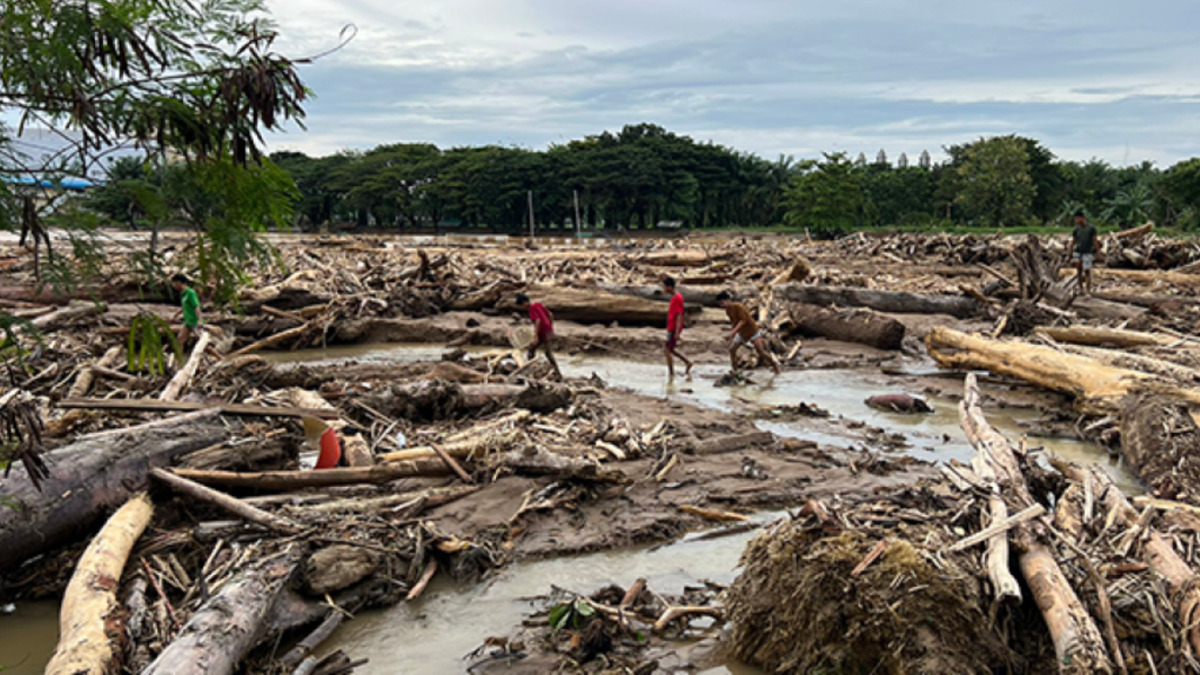
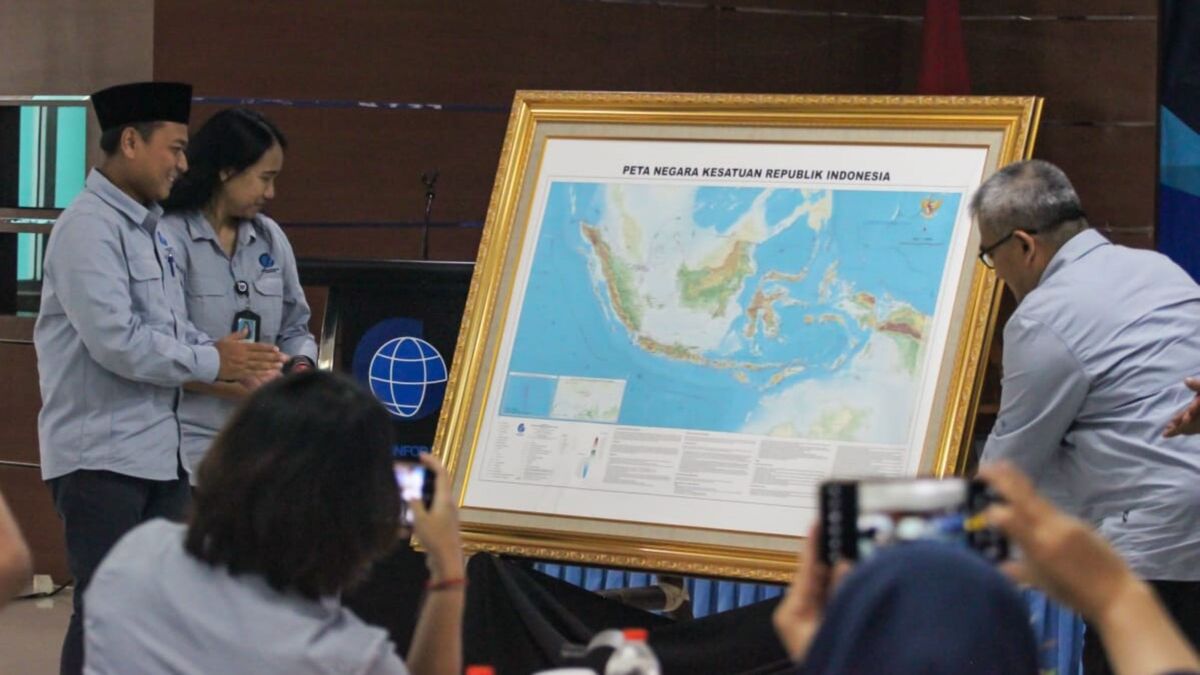
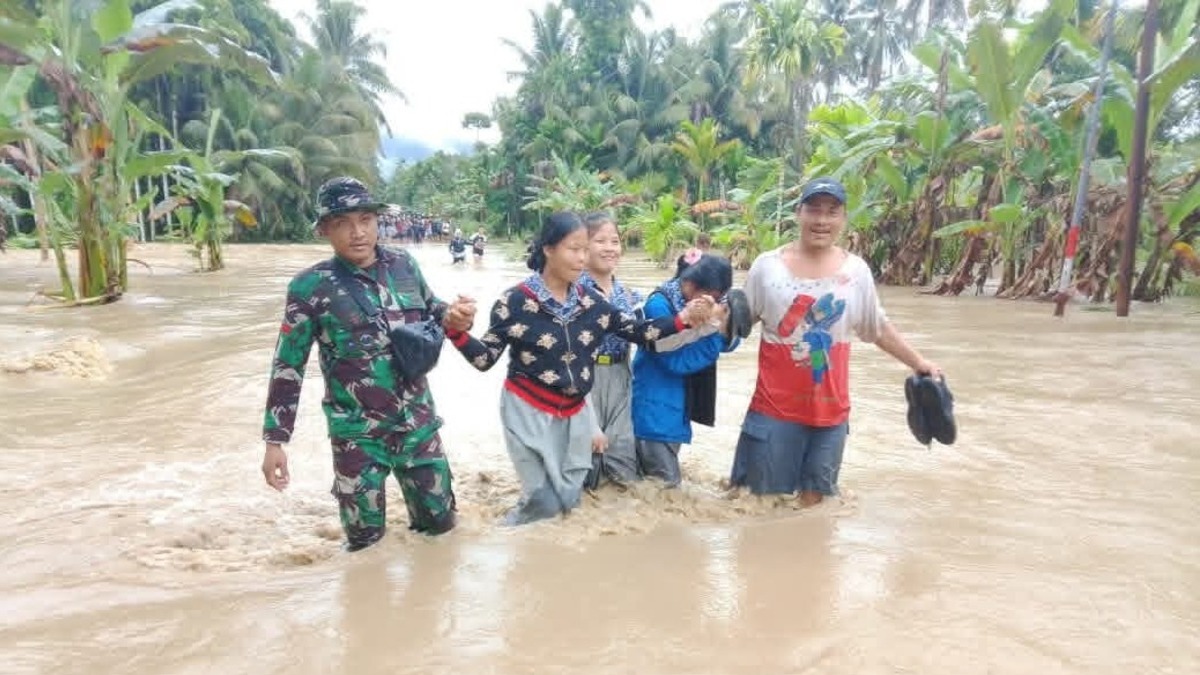
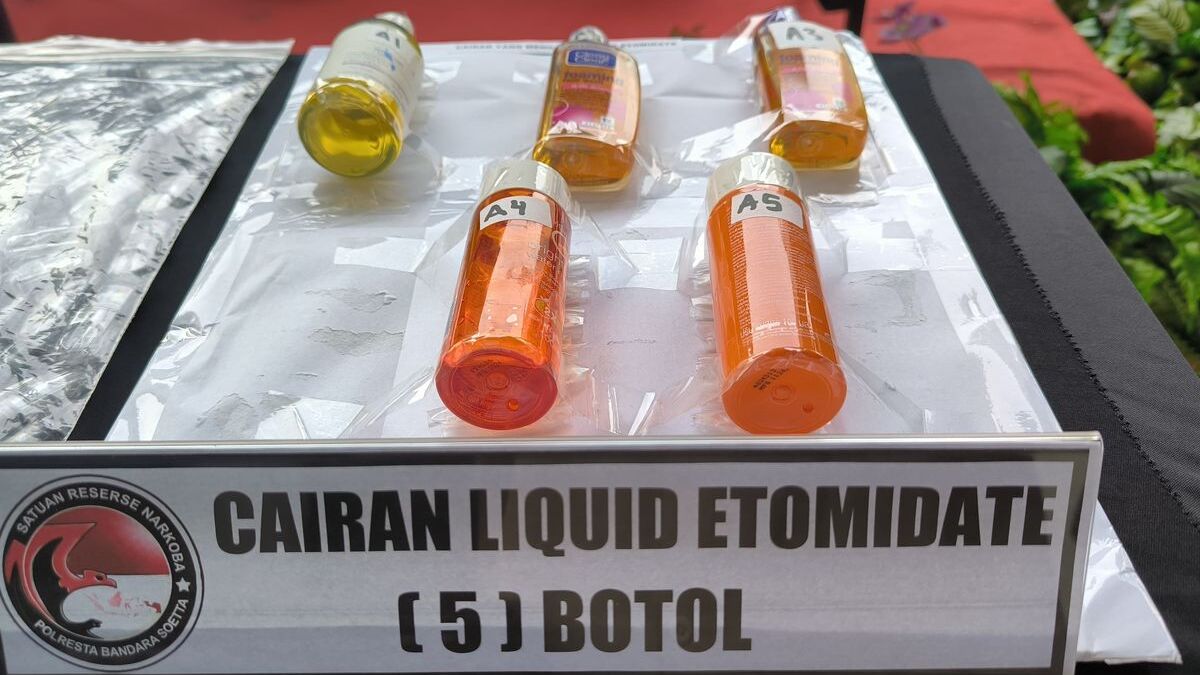
0 Comments